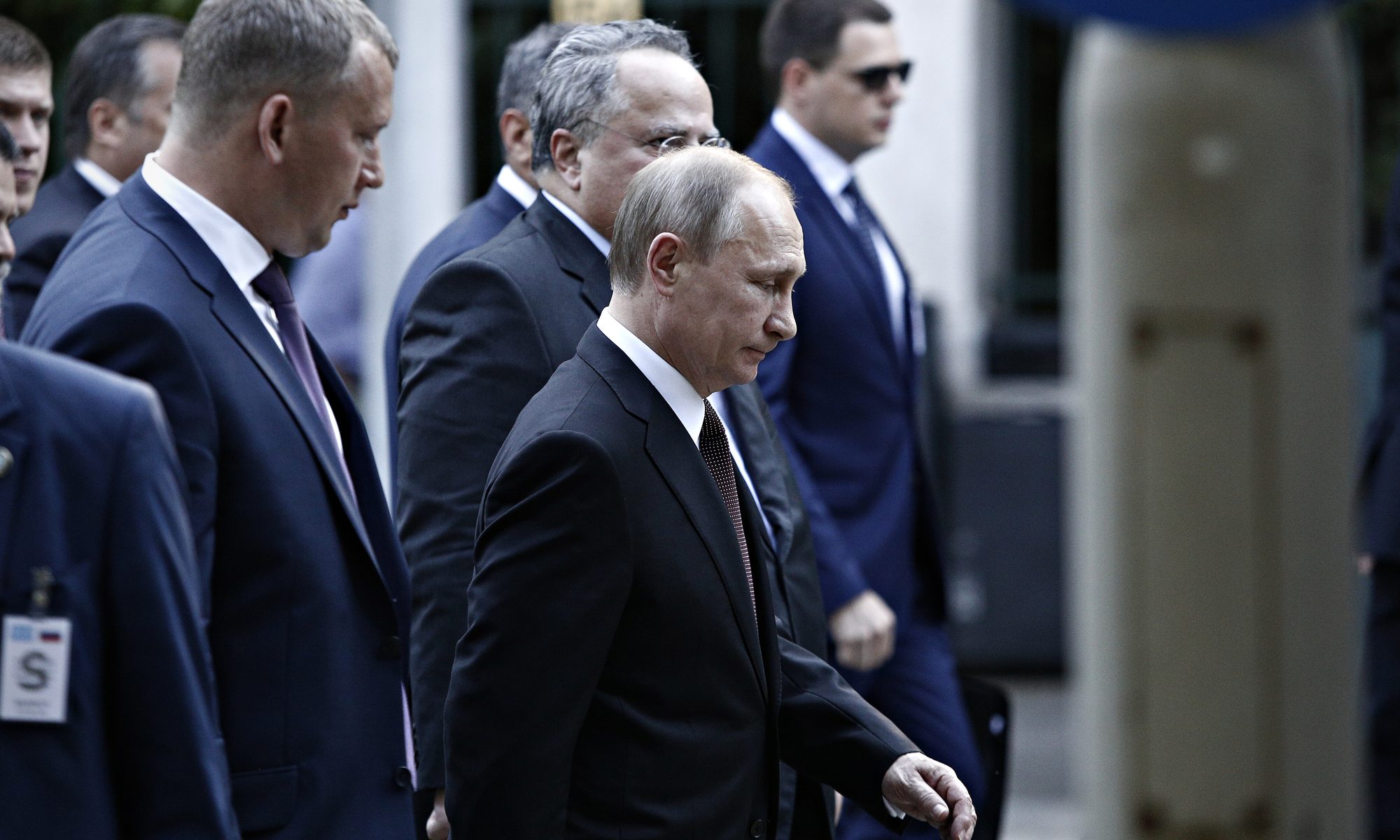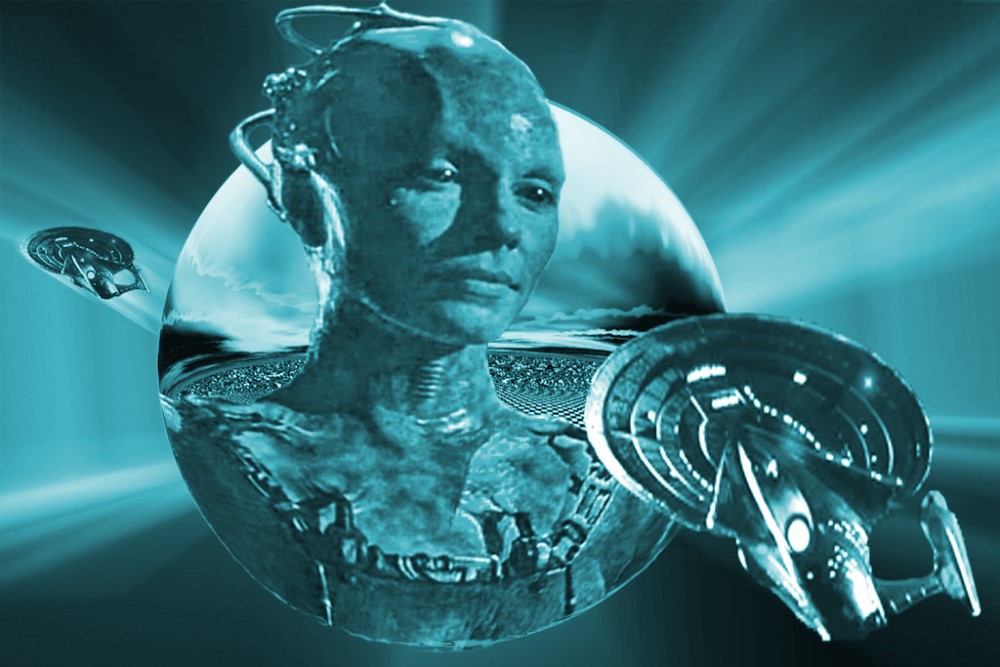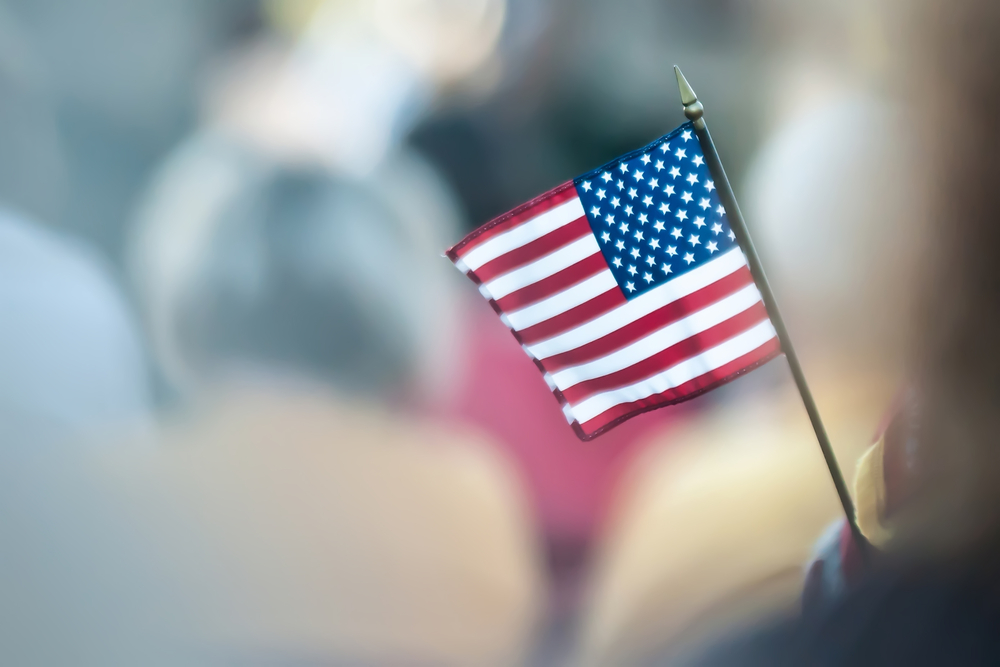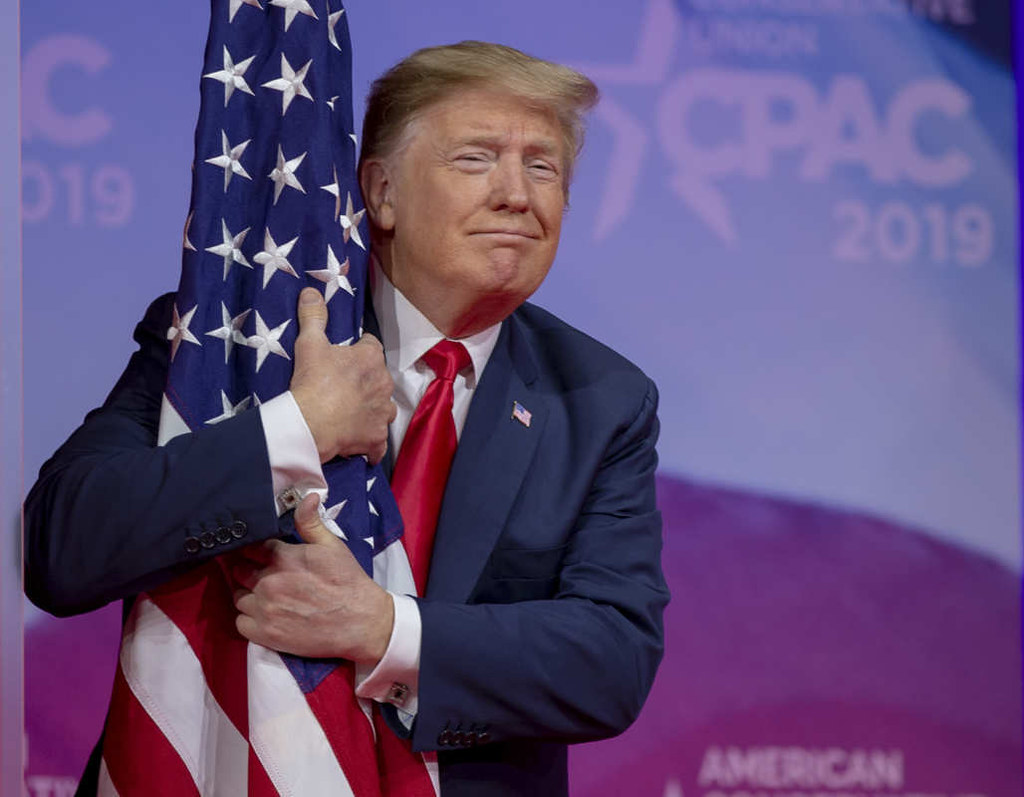Each May 9th, Russia, alongside several former Soviet Union territories, celebrates Victory Day. This annual holiday, first held in 1945 in the Soviet Union’s then 16 republics, commemorates Nazi Germany’s defeat in WWII. Traditionally, the holiday has acted as a day to remember and give thanks to the 27 million people of the Soviet Union who lost their lives during the conflict.
Since Vladimir Putin’s rise to power, however, the holiday has morphed from a day of remembrance to a day devoted to projecting political, ideological, and military strength. Unsurprisingly for a strongman dictator, Putin takes center stage in the festivities. Since 2000, he has given a speech in Moscow’s Red Square which, while the specifics change each time, the core remains eternal – patriotic duty requires that Russians remember their historical traditions and that they must continuously fight for their way of life.
These themes of tradition, strength, and duty were boosted in 2014 after Russia illegally annexed Ukraine’s Crimean Peninsula in a supposed attempt to free it from Nazi control. Indeed, during that year’s celebrations, Sergei Aksyonov, the Kremlin-appointed leader of the annexed region, appeared alongside Putin, discussing rescuing the peninsula from Ukrainian fascists. Of course, rescuing people requires weapons, and in recent years, in scenes reflecting those in North Korea, China, or the U.S., Victory Day has come with displays of military might. During the celebrations, an endless parade of soldiers, tanks, missiles, and other military hardware rolls down the streets of Moscow, Saint Petersburg, Yekaterinburg, and multiple other cities.
One might wonder why all this is necessary. Why has Putin sought to isolate Russia from the West, invade its neighbors, and act as if it’s constantly under ideological, and recently literal, attack? It is unlikely that a single answer exists to this question as multiple economic, political, and personal factors have a causal impact. Nevertheless, through German jurist and political theorist Carl Schmitt’s work, we can likely uncover at least one answer – Putin needs an enemy.
Before getting to Schmitt’s work, we need to acknowledge his background. Schmitt was a member of Germany’s Nazi party, something for which he remained unrepentant. Despite this (perhaps because of it), however, Schmitt’s work has significantly influenced legal and political philosophy. Indeed, his theories are often seen as one of the most substantial and robust criticisms of liberalism as embodied in the West today. Moreover, as Western liberalism is something against which Putin claims to be rallying, even calling it obsolete during a 2019 interview, it makes Schmitt’s work the ideal tool to interpret the dictator’s actions.
According to Schmitt, Liberalism emerged in response to the historical “threat” of unconstrained power as wielded by heads of state unencumbered by systems of checks and balances. In other words, liberal democracies have predesigned norms and rules (in things like constitutions) to prevent the politically powerful – kings, dictators, emperors – from wielding unlimited power. In such states, if a president or prime minister oversteps their authority, the people can wave the constitution in their face and tell them “no.” We saw an example of this in 2019 when then-Prime Minister Boris Johnson attempted to prorogue the U.K. parliament, only to be told by the supreme court that his actions were “null and of no legal effect.” Essentially, Johnson tried to exercise power beyond his station, and the U.K.’s system of checks and balances prevented him from doing so.
For Schmitt, however, this system of enforceable restraint of a sovereign’s power is ineffectual because those in political control can declare states of emergencies – what Schmitt terms “states of exceptions” – in which rulers can suspend constitutional rules and reclaim their power. The COVID pandemic provides a useful example, where multiple nations curtailed seemingly uncurtailable freedoms, like the freedom of movement and assembly. While in “normal” times, such restrictions would go against the foundations of what so many liberal nations purportedly hold dear, during the pandemic, those in power reclaimed such all-encompassing controls. This is not to say that doing so was unnecessary or wrong. Instead, it is simply to note that liberalism’s foundational rules and norms are easily discarded when things become challenging, and those policies may not be reinstatable afterwards. For Schmitt, constitutions only prevent sovereigns from acting as they want in non-emergency situations when they wouldn’t behave like that anyway.
According to Schmitt, however, liberalism isn’t bad just because it hides the ruling class’ power under the guise of procedures and rules. Instead, it’s bad because the commonly held goal of liberalism – welcoming differences to the political sphere – runs counter to politics’ very nature. As Schmitt summarizes in his book The Concept of the Political, “the specific political distinction to which political actions and motives can be reduced is that between friend and enemy.” Schmitt argues that every aspect of politics is, at its core, about being with those you relate to and defending against those who are different. This confrontational philosophy even gets down to one’s sense of identity as we define ourselves not by who we are or what we do or believe, but in opposition to the actions and beliefs of others. Or, as Schmitt writes, “tell me who your enemy is and I will tell you who you are.” As such, liberalism, with its envisioned goal of debating political differences and living alongside those you may vehemently disagree, will ultimately fail because it is politically ignorant.
We can see a similar ideology play out in Putin’s Russia. Those things deemed different or non-Russian are being systematically erased from mainstream Russian culture. A prime example of this has been the growing efforts to wipe out the LGBTQ+ community within the nation’s boundary. Since coming to power, Putin has reversed much of Russia’s progress on LGBTQ+ rights since the Soviet Union’s fall. In Putin’s Russia, if you don’t conform to the stereotypical gender roles of masculinity and femininity, you are not a friend but an enemy. And this mentality of conformity applies beyond one’s sexuality.
Ultimately, those that embrace diversity and difference are, according to Schmitt, weak. He argues that these societies lack the cohesion to form established collective identities. Without this collective identity, the nation has no sense of self and cannot effectively manage its internal or external affairs; it’s like trying to herd cats, dogs, dolphins, ants, oak trees, and sparrows simultaneously. This ineffectualness means that liberal states, according to Schmitt, are sitting ducks, just waiting for those who can enforce a collective identity to do so; through military power or ideological inception. His answer is to reject liberalism and embrace the friend-enemy distinction. It is to unify the populace over which one rules by giving them an enemy against which they can collectively define themselves, strengthening the state and cementing one’s position of power.
In the case of Putin’s invasion of Ukraine, it is to position his nation as the saviors of the Donbas and its associated regions. The Russian military is not invading another country to expand its territory but to fight an enemy against which the whole nation can get behind – Ukranian Nazis. It is to rescue those people living in eastern Ukraine who are, according to Putin, truly Russian and bring them back into the fold of others like them. Indeed, the more one explores the actions of Putin and his government over the past two decades, the more one sees an embodiment of the political and legal philosophy Carl Schmitt thought made for a strong nation.
None of this is to say that Schmitt or Putin are in the right. On the contrary, both seem just terrible people with truly uncomfortable capacities for inflicting harm upon others. Nevertheless, the ideas of the former seemingly describe the latter’s actions rather well. And understanding Putin’s actions is essential to making sense of the world in which he operates.




